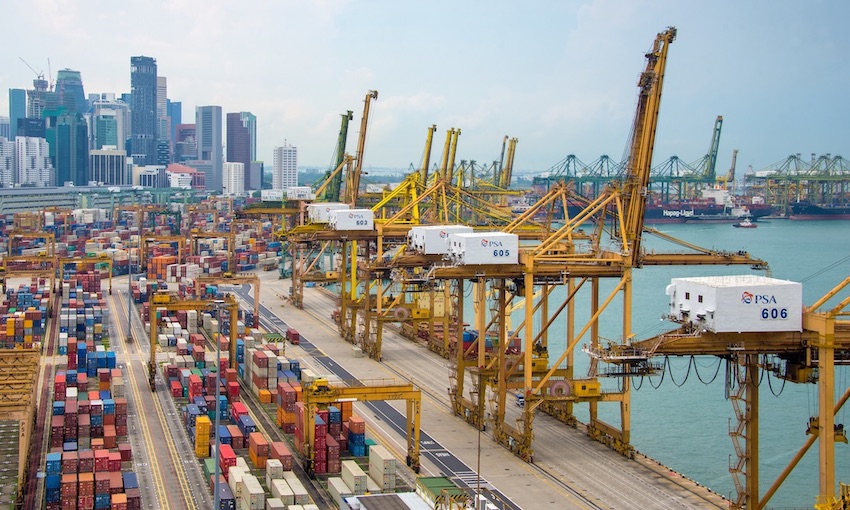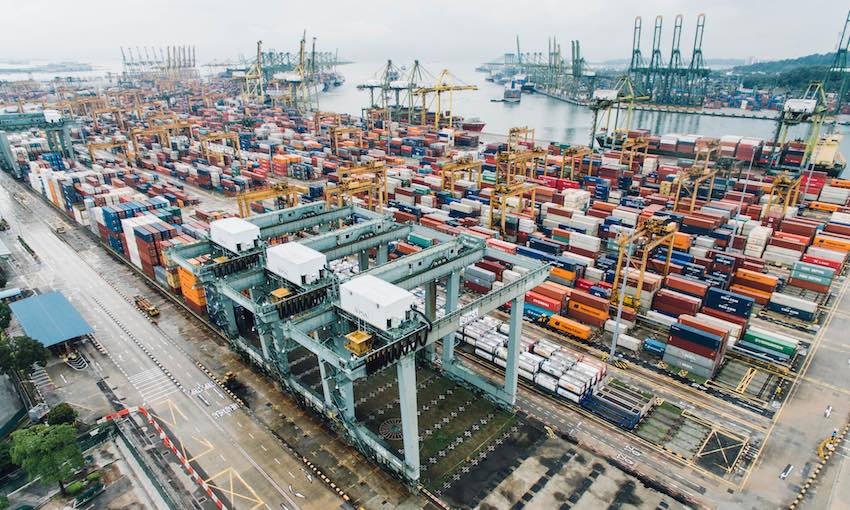SINGAPORE has once again been named by the Baltic Exchange as the top maritime centre in the world, for the eleventh consecutive year.
The shipping and maritime information service attributed a score of 96.23 out of 100 to the island nation in its 2024 Xinhua-Baltic International Shipping Centre Development Index Report, in collaboration with Xinhua News Agency.
Baltic Exchange attributed Singapore’s enduring success to its strategic location, robust international outlook, and well-established ecosystem of professional maritime services.
The annual report, now in its eleventh year, saw London again secure second position with a score of 82.50, demonstrating continued prominence as a maritime services powerhouse.
Shanghai retained third place with 81.84, marking five consecutive years that London and Shanghai have retained second and third place respectively in the index.
Hong Kong and Dubai placed fourth and fifth respectively with scores in the high 70s, while the key European shipping hub of Rotterdam held onto sixth place from 2023 to 2024.
Athens/Piraeus and Ningbo Zhousha each climbed one placed to seventh and eighth respectively, while Hamburg, which placed fourth as recently as 2017, falls to ninth place.
The ISCDI Report evaluates a total of 43 maritime locations, considering various port metrics such as cargo throughput, crane count, container berth length, and port draught, according to the Baltic Exchange.
It also assesses the presence of professional maritime support businesses, including shipbroking, ship management, ship financing, insurance, and legal services, alongside hull underwriting premiums.
The evaluation also considers general business environment factors like customs tariffs, the level of electronic government services, and overall logistics performance.
Chief executive of the Baltic Exchange Mark Jackson commented that the international shipping industry in 2023 demonstrated “remarkable” resilience and adaptability, reinforcing its role as the cornerstone of global trade.
“Despite facing significant economic slowdowns, geopolitical tensions, and environmental challenges, the sector maintained stability and continued to facilitate the movement of essential goods around the world,” Mr Jackson said.
“The shipping industry will continue to face challenges such as decarbonisation and evolving trade routes. However, its inherent resilience and strategic importance will ensure that it remains a critical driver of global economic growth and stability.”
Pan Haiping, chairman of China Economic Information Service said that even with all the challenges the global shipping industry faced throughout the year, including route challenges in the Panama Canal and the Red Sea, the maritime sector continues to exhibit strong vitality and excellent resilience, driven by global demand for goods.
“Decarbonisation has also become the consensus in the global shipping industry, while digital technologies such as AI, digital twins, IoT, and automation are constantly empowering the shipping industry and promoting the development of ports to become more efficient, smarter and more sustainabl,e” he said.
Teo Eng Dih, chief executive of the Maritime and Port Authority of Singapore said, “We will continue to value-add to the maritime community and explore opportunities for collaboration with like-minded partners to strengthen Singapore’s connectivity and advance maritime decarbonisation, digitalisation and talent development for the global maritime community.”





